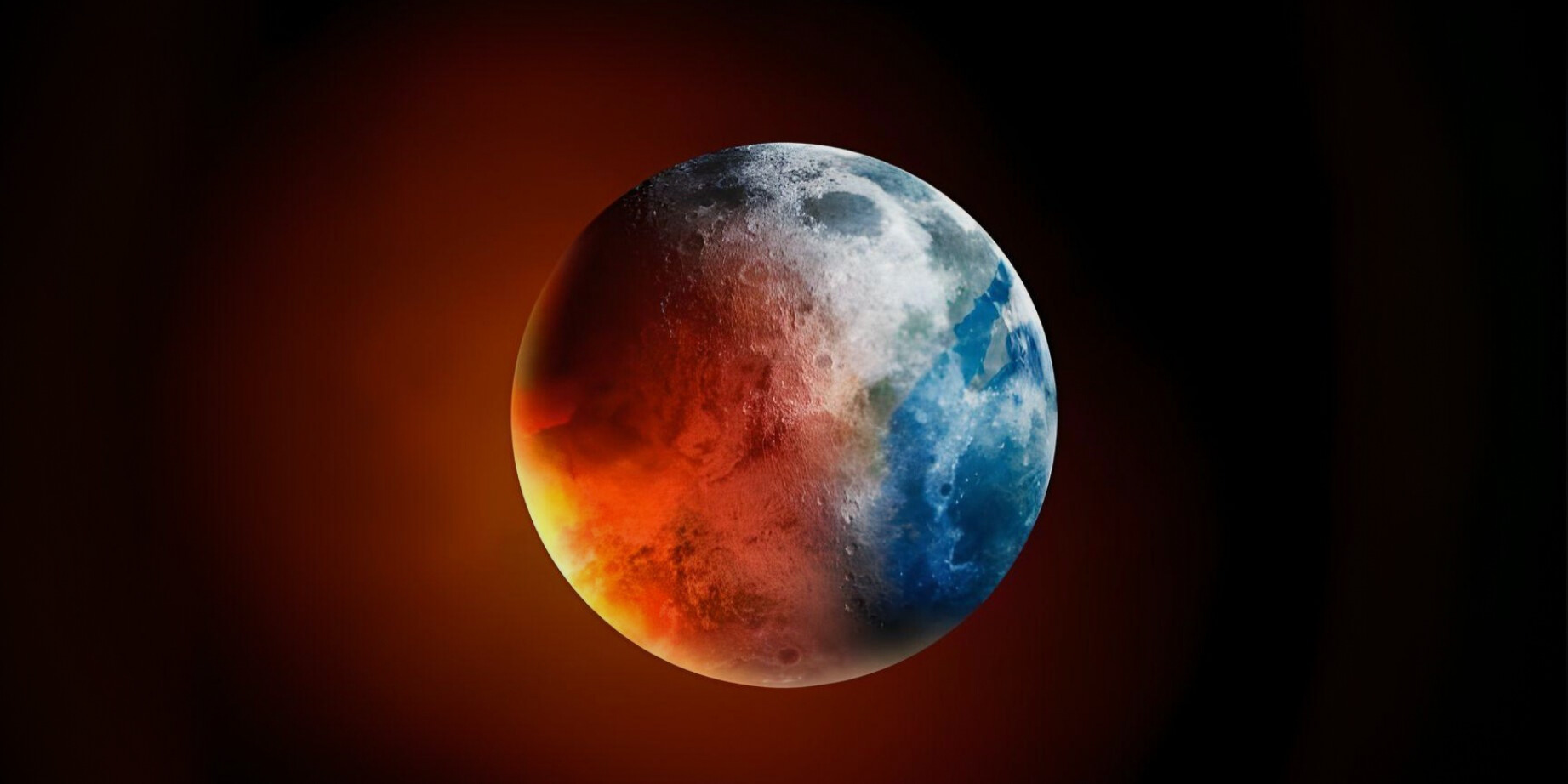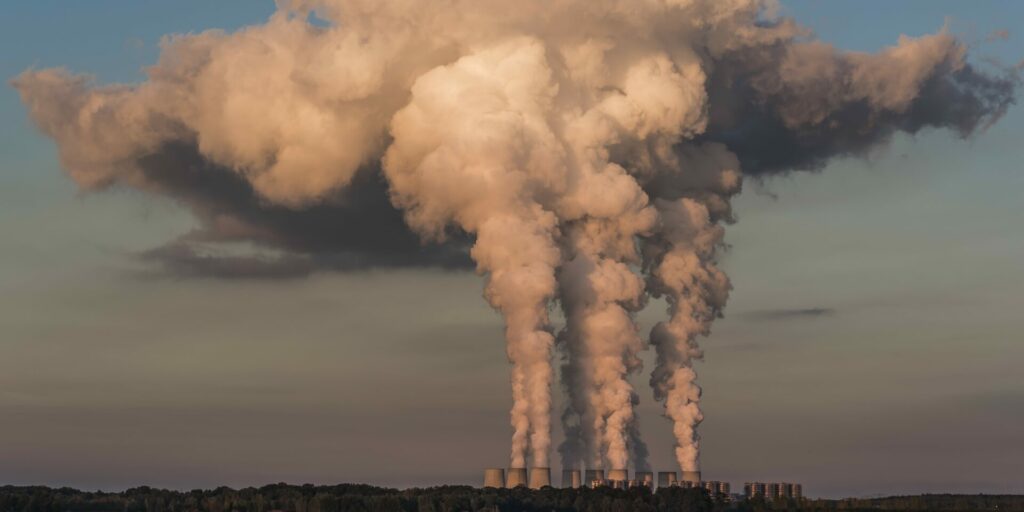
In July 2023, the world witnessed an alarming milestone as the global temperature soared to unprecedented levels, marking the hottest month ever recorded.
The United Nations Secretary-General António Guterres declared that the Earth is now entering what he referred to as “the era of global boiling.” His choice of words were clearly intended to highlight the serious consequences of global warming, where extreme weather events and other environmental changes are becoming more frequent.
What Does ‘Global Boiling’ Mean?
‘Global boiling’ represents something beyond the familiar ‘global warming’ term.
It refers to the intensified and urgent phase of climate change characterised by heightened heatwaves, extreme weather events and more frequent natural disasters.
Why Have We Reached the Point of Global Boiling?
The current El Niño is among the main culprits. An El Niño is a natural weather phenomenon occurring every 2-7 years, influencing water temperatures and air currents in the Pacific Ocean. This can increase average global temperatures and lead to more extreme weather events.
Simultaneously, human activities, especially since the Industrial Revolution, contribute increasingly to a planet-wide temperature rise.
According to the available data, the Earth is now approximately 1°C warmer than the late 1800s. Although this may seem insignificant, scientists stress the importance of staying below a 1.5°C temperature rise to avoid severe climate change impacts, including increased heatwaves, droughts, bushfires, floods, cyclones and rising sea levels.
There are many other factors contributing to ‘global boiling’, many of which are a result of human activities. These include:
- Burning fossil fuels. Combustion of coal, oil and natural gas for energy production releases vast quantities of carbon dioxide (CO2) into the atmosphere. These emissions are a significant driver of global warming.
- Deforestation. The clearing of forests for agriculture or other purposes reduces the number of trees available to absorb CO2. Trees act as carbon sinks and their removal contributes to increased greenhouse gas concentrations.
- Industrial activities. Various industrial processes release greenhouse gases, including carbon dioxide, methane and nitrous oxide. Examples include cement production and certain manufacturing processes.
- Transportation emissions. The burning of fossil fuels in vehicles such as cars, trucks and planes releases CO2 and other pollutants into the atmosphere.
- Waste management. Landfills and waste treatment processes produce methane as organic waste decomposes. Methane is a potent greenhouse gas.

Unprecedented Heat in July 2023
Data published by the United Nations revealed that July 2023 had the warmest three-week period, the three hottest days and the highest ocean temperatures ever documented for this time of the year. António Guterres, the UN Secretary-General, addressed the world, emphasising the urgent need for climate action. “Humanity is in the hot seat,” he stated.
Chris Hewitt, World Meteorological Organisation’s Director of Climate Services, noted that despite the cooling influence of the La Niña in the Pacific, the period from 2015 to 2022 marked the 8 warmest years on record.
Now, with La Niña well behind us and El Niño likely at its peak, tropical Pacific waters have been heating up. Climate scientists believe that July’s temperature record is unlikely to be a one-off. There’s a 98% probability that at least 1 of the next 5 years will be the hottest ever recorded and a 66% chance that global temperatures will temporarily exceed the crucial 1.5°C threshold.
The Dangers of Global Boiling
If global boiling continues, we can expect several things to happen, including:
- Extreme weather events. Perhaps the most obvious sign and impact of global boiling is the increase in the frequency and intensity of extreme weather events. Floods, hurricanes and heatwaves become more common.
- Negative effects on health. As temperatures rise, so does the risk to human health. Heat-related illnesses like heat stroke and dehydration become more prevalent and because winters are less cold, summers are warmer and there are fewer days with frost, meaning the diseases animals carry can spread to new places. This puts a strain on the healthcare system and their resources.
- Food supply challenges. Disruptions in agriculture, driven by altered temperature and rain patterns, lead to lower crop yields. This disruption results in food shortages, increased prices and intensified food insecurity.
- Rising sea levels. Because ice caps and glaciers are melting and causing sea levels to rise, coastal areas face heightened risks of flooding, erosion and population displacement.
- Loss of biodiversity. Rapid environmental changes result in a loss of biodiversity as species struggle to adapt. This imbalance within ecosystems may lead to the extinction of certain species, disrupting the natural order.
- Water scarcity. Changes in rain patterns cause water scarcity, with some regions experiencing more frequent and severe droughts.

How Will Global Boiling Affect Australia?
In addition to these global consequences, Australia faces specific challenges due to global boiling. Our already scorching climate will become more extreme, leading to increased heatwaves, prolonged droughts and heightened risks of bushfires. The Great Barrier Reef, a natural wonder contributing more than $6.4 billion each year to the Australian economy, is threatened by coral bleaching, impacting marine biodiversity and the tourism industry.
Urgent Global Action Needed to Slow Down Global Boiling
António Guterres has emphasised the need for comprehensive measures, calling for new national emissions targets, reaching net-zero emissions by mid-century and a global surge in adaptation investment. He urged leaders to “step up for climate action and justice”, particularly those from the G20 leading industrial nations, as they are responsible for 80% of global emissions. As a G20 nation, Australia has set a target to reach net zero emissions by 2050. We’re also a member of many international working parties, including the Paris Agreement, which is a legally binding international treaty on climate change.
How to Stop Global Boiling
There are many small steps which you as an individual can take to help combat the ‘global boiling’ dilemma.
Use energy efficient appliances and lighting, drive your car less, compost and recycle wherever possible. Even planting trees around your home will be a small improvement. However, all of these individual steps are likely to make minimal difference as long as the various governments’ current policies relating to energy production remain unchanged. So, probably the biggest step that any individual can take to combat global boiling is to promote public awareness of the global boiling issue, and successfully advocate for policy changes. This could include the implementation of nuclear power in Australia, nuclear being a zero-emission energy source.
Ensuring that your home is properly insulated is another small step towards combatting global boiling and will also help to reduce your energy bills. Give our insulation specialists a call today on 0450 858 568.
